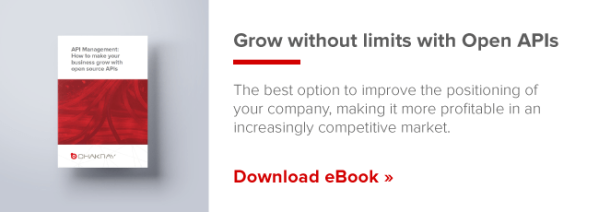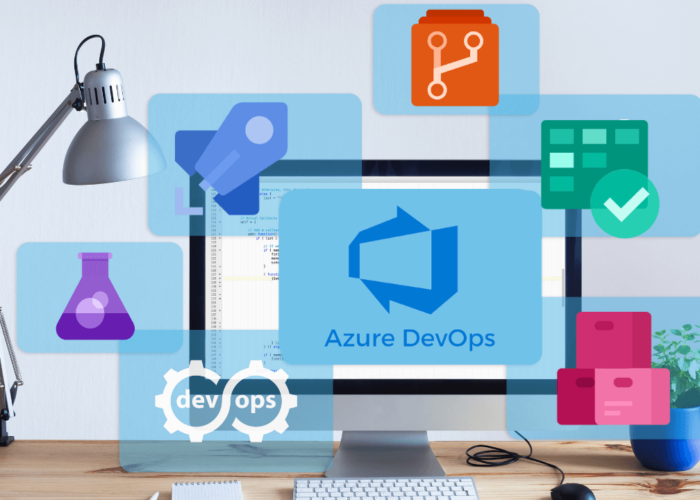In a scenario of digital transformation, the DevOps methodology is ensuring the competitiveness of more and more business organizations, which see in it a new way to develop the software that will mark the future. The basis of its operation, and what makes it a competitive advantage, is the automation of the processes it allows, an automation that benefits, in particular, the teams of developers and those of operations and administration. All this results in transparency and a culture of collaboration between different areas but key to a new business model, in which it is essential to generate software internally in a more agile way and at lower cost, improving previous quality standards and ensuring maximum quality processes.
Why should you use a Devops model?
The solutions presented by DevOps provide the efficiency and flexibility needed to create software that breaks down barriers and exploits relationships between development and operations professionals. In the traditional working model, those responsible for development were limited to generating code and providing it to the operations team, which went on to put it into production process. This involved lengthy delivery periods until the software was put into production, which directly meant a deficit in the delivery of optimal services and a negative customer experience.
With DevOps software, competencies are distributed in a more balanced way and work processes are defined in such a way that it is possible to ensure that teams have the same knowledge and can understand the performance that comes from working together. In this way, it is possible to respond to the increasing pace of demands for solutions presented by the market, as teams in the area of information technology (IT) are able to build, implement, test and launch software in ever shorter periods of time.
What competitive advantages does DevOps software offer?
- Agile software fixes. The members of the development team do not have to review all the code when an incident occurs, but it is enough to check the latest changes that have occurred in the code. Product delivery is faster because development cycles are shortened by the use of compilation and development tools. And the different versions of software are increasingly agile and common because of the workflows that are launched. At the same time that developers write the code, they detect and correct bugs, so those changes are minimized.
- Enrichment of team collaboration. Code and software development professionals and operations professionals work together, sharing information and contributing in the same way to obtain the desired results.
- Increased efficiency. Automation of both testing and integration, together with standardized production platforms, are fundamental elements to improve the efficiency ratio, because they avoid IT professionals having to dedicate time and effort to repetitive tasks and, at the same time, make implementations more predictable. Another reason for increased efficiency is the scalability of the new infrastructure, with cloud-based solutions that increase access to hardware resources.
- Improved work climate. DevOps fosters a work culture based on teamwork and performance, rather than hierarchical. Developers and operations engineers see the obstacles to collaboration reduced and assume responsibilities and risks jointly, understanding individual work as part of a shared whole.
The increase in innovation capacity that DevOps allows translates into a stimulation of innovation that is largely due to the ability to adapt efficiently and quickly to market demands. The integration of teams contributes to this adaptability.
-¿Are you interested?: What is DevOps and why is it important?–
Devops: tips for implementing it
When implementing DevOps, it is important to consider a number of considerations. One of the main ones is to allocate a sufficient budget for its implementation, understanding it as an investment aimed at offering great competitive advantages over the competition. The implementation of DevOps also requires the organization of work processes in such a way that development and operations teams take part in the development of products throughout their life cycle.
Departments must work in a unified manner and have the necessary technical knowledge to take advantage of the arrival of the new software. All this must be done gradually, considering that some workers will adapt more quickly than others to the new tool but trying to integrate all of them in the development of this new work culture.








